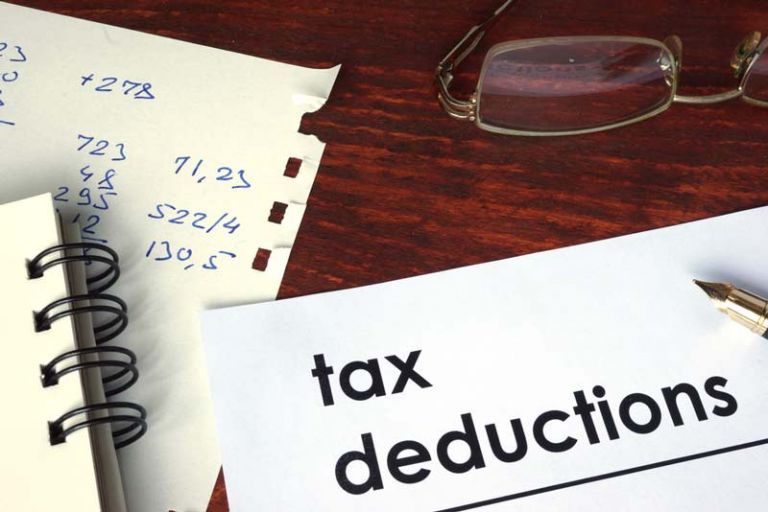April 25, 2025
Case Overview: An Asian-American postal worker, Dawn Lui, allegedly became the target of a racial and gender-based harassment campaign after being assigned to lead a new location in 2014. Lui started working at the United States Postal Service (USPS) in 1992 and was promoted to postmaster in 2004, without issue or complaints. Both Lui and her supervisor agree that the coworkers at her new location called her racially motivated names, created false complaints and racially based rumors like that she couldn’t read or speak English, and created a rumor that she was engaging in a sexual relationship with her supervisor. Lui states that she was interviewed in an internal investigation about the alleged sexual relationship. She believes the allegations were created because the supervisor in question is married to an Asian woman. The supervisor claims that HR disregarded his complaints about racial bias regarding the employee. Where They Went Wrong: HR and labor relations officials proposed a demotion for Lui based off of the contested allegations. The demotion required Lui’s supervisor’s signature to move forward. The supervisor refused to sign the demotion and again brought up his concerns that the allegations were baseless and racially motivated. Because of his refusal to sign the demotion paperwork, he was temporarily removed from his position and replaced. His replacement signed off on the demotion and an investigation was not launched after the supervisor’s refusal. Lui appealed the demotion internally and a “neutral” official started an “independent” investigation. USPS argued that this investigation cleared them of making racial and sex based discriminatory actions. Given the possible racial bias and demotion that occurred in this case, Lui filed suit against USPS alleging disparate treatment, a hostile work environment, and unlawful retaliation under Title VII. After the United States District Court for the District of Washington granted summary judgment to USPS on all of the Plaintiff’s claims, the case was appealed to the United States Court of Appeals for the Ninth Circuit. The Ninth Circuit affirmed the USDC’s granting of summary judgment on the retaliation claim, but they found the USDC erred in their finding that the Plaintiff failed to establish a prima facie case of discrimination when they issued summary judgment on the disparate treatment and hostile work environment claims. The Ninth Circuit found that Lui had been removed from her position and demoted to a smaller location with a pay cut, and she was replaced by a white man with less experience. The Ninth Circuit also found that there was a genuine dispute of material fact regarding whether the decision to demote Lui was independent or influenced by subordinate bias. The official never interviewed witnesses, ignored the reports about racial bias, and solely went off the existing reports used in the original decision. The concerns that the employee’s supervisor raised that the allegations were fabricated and racially motived had not been investigated or addressed. The court ruled that a jury could reasonably find that the “independent” investigation wasn’t truly independent. The Court relied heavily on the Cat’s Paw theory of liability. The Cat’s Paw Theory is an employment discrimination doctrine name after the fable “the Monkey and the Cat” by Jean de La Fontaine. In the fable the cat is enticed by the monkey to retrieve chestnuts from the embers of a fire so they both can share. In the fable the monkey eats the chestnuts while the cat has nothing but burned paws. It came to refer to someone doing dirty work on another’s behalf. It made its way into employment law in Staub v. Proctor Hospital, 562 U.C. 411 (2011). An employer can be held liable for discrimination if the information used in the employment decision was based off a biased supervisor, or other biased employee. Even if the ultimate decision maker was not biased, the information remains tainted. Employer Takeaways: Independent investigations are only independent when an independent investigator re-reviews the information available and interviews witness(es) directly. Having an investigator blindly sign off on an investigation that others allege to be racially motivated without due diligence to verify a lack of bias allows bias to seep into employment decisions. If a separate investigation had been conducted, with fresh interviews from a non-biased 3 rd party, the decision would have been free of the original allegations, and the employer would have avoided liability in subsequent suit. If your business has any questions on this topic or any other matters, please do not hesitate to contact the attorneys at The Royal Law Firm at 413-586-2288.









